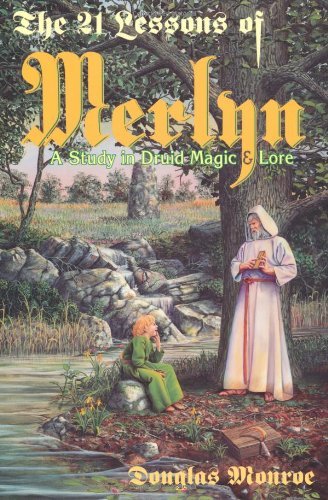What do you think?
Rate this book


Paperback
First published January 1, 1992
... my concern is not how authentic my sources are; this, one may only guess at, but rather how effective their philosophies and methodologies ...(Monroe, The Lost Books of Merlyn)